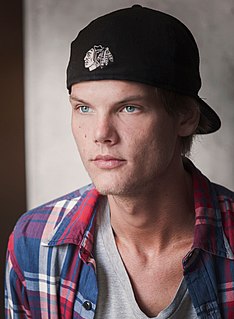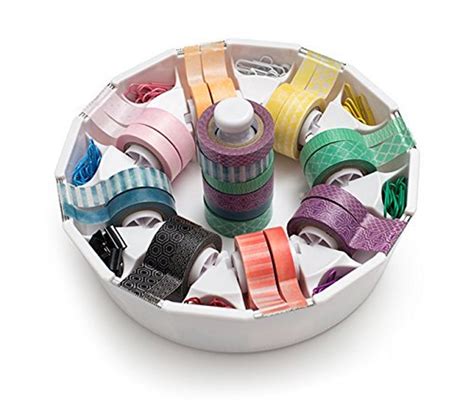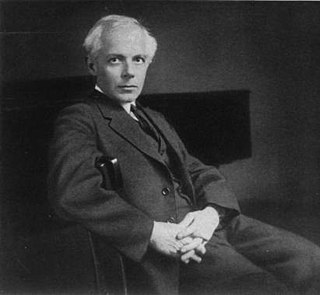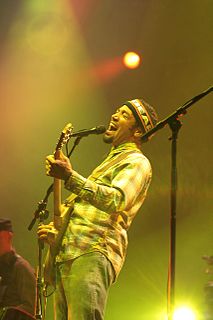A Quote by Mustard
Related Quotes
I've always liked monster movies and I've always been fascinated by - again, growing up in a culture where death was looked upon as a dark subject and living so close to Mexico where you see the Day of the Dead with the skeletons and it's all humor and music and dancing and a celebration of life in a way. That always felt more of a positive approach to things. I think I always responded to that more than this dark, unspoken cloud in the environment I grew up in.
Our peasant music, naturally, is invariably tonal, if not always in the sense that the inflexible major and minor system is tonal. (An "atonal" folk-music, in my opinion, is unthinkable.) Since we depend upon a tonal basis of this kind in our creative work, it is quite self-evident that our works are quite pronouncedly tonal in type. I must admit, however, that there was a time when I thought I was approaching a species of twelve-tone music. Yet even in works of that period the absolute tonal foundation is unmistakable.
When I was in high school I made the discovery that if I was playing in a jazz club, and there were black people in the club, if I could get the black people to like what I was doing, I was on the right track. So I began to play to those people because they knew what the authentic music was. I've always had that in the back of my head.
My pieces usually are programmed on concerts in which the other works are standard repertoire. My music always sounds very different when it's on a concert of all contemporary music. It always seems to stick out at an odd angle. This also makes me think of a question I sometimes debate with my friends: does the music of a composer directly reflect that composer's personality? This is a difficult one, but I think it usually does.




































